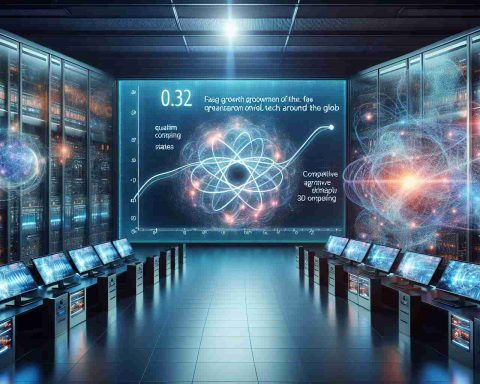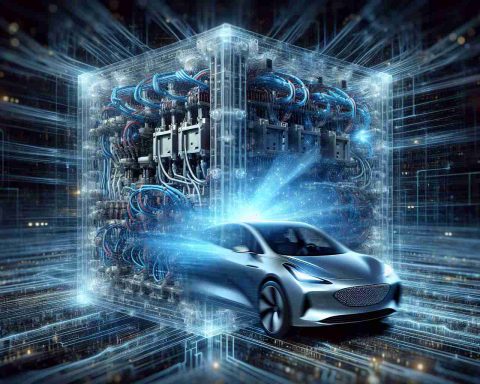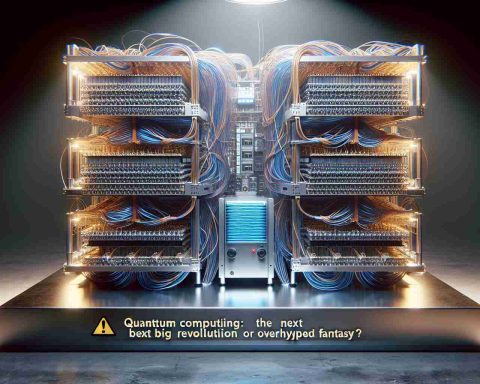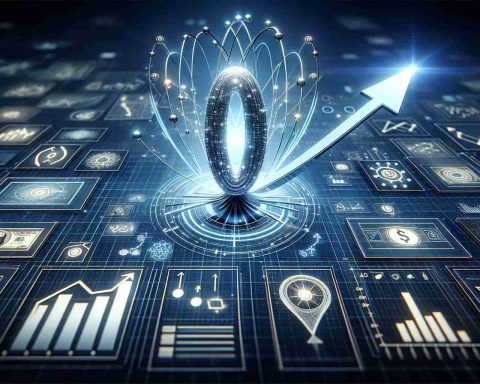Quantum Computing - Page 48
Quantum computing is a type of computation that utilizes the principles of quantum mechanics to process information. Unlike classical computers that use bits as the smallest unit of data (representing either a 0 or a 1), quantum computers use quantum bits, or qubits, which can exist in multiple states simultaneously due to phenomena such as superposition and entanglement. This allows quantum computers to perform complex calculations at speeds unattainable by classical computers, particularly for specific tasks like factoring large numbers, optimizing complex systems, and simulating quantum systems. Quantum computing has the potential to revolutionize various fields, including cryptography, material science, and artificial intelligence, by solving problems that are currently intractable for classical computers.















